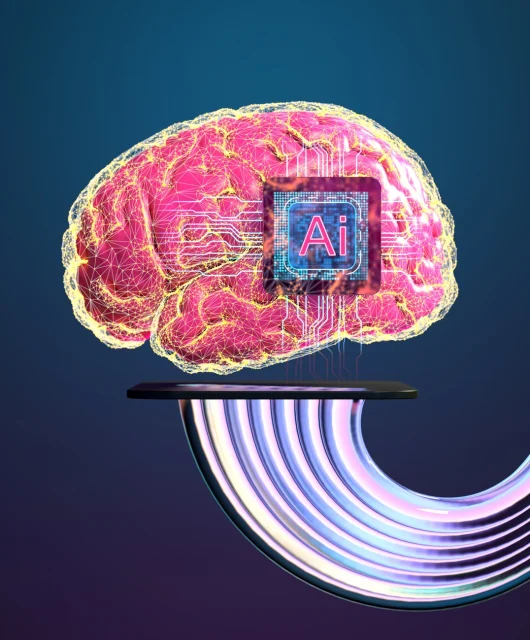The IT industry is constantly improving, regularly bringing new technologies to market. After all, we are now quite used to Apple and Samsung releasing brand-new flagship smartphones every year.
But occasionally there is a new evolution that causes a seismic change. Affecting not only the IT industry but the rest of the world around us. Inventions like home computers from Spectrum and Commodore, Windows 95 that simplified computing for non-geeks, the growth of the World Wide Web and the release of the original Apple iPhone.
And in November 2022, another evolutionary step was taken with the public unveiling of ChatGPT 3.5. Although chatbots were a relatively common and well-understood phenomenon, ChatGTP became an instant overnight success because its capabilities were so far ahead of anything previously seen by the general public.
So what changed when ChatGPT went live?
Artificial Intelligence appeared everywhere
While the IT industry has been working with artificial intelligence for a few years, many organizations had been relatively slow in their adoption. The overnight success of ChatGPT, along with its astonishing capabilities forced many to reconsider their position.
Within months, Microsoft had signed a $10 billion deal with OpenAI (the company behind ChatGPT) to fund additional development and to integrate the technology with their own. You can see some evidence of this partnership in the Bing search enginE. Which uses AI to improve search results and even generate digital artwork from user prompts.
Not to be outdone, Google, Amazon and Meta have accelerated their own AI developments. Most notably with the release of the BARD AI chatbot. It is rumored that Apple has also developed their own generative AI chatbot for use in-house.
Almost every new product announcement over the past year has included mention of AI capabilities and integrations. Including the release of the Samsung Galaxy S24 smartphones this month.
People began to worry about their jobs
ChatGPT astonished people with its linguistic capabilities – the chatbot could write poetry and song lyrics as well as more mundane letters, resumés and emails. Many people in text-heavy industries like writers, authors, poets and even administrators began to worry that ChatGPT and its clones could potentially replace their jobs.
Politicians panicked about the end of the world
Taking a more extreme (and unrealistic) viewpoint. Politicians and governments across the world began planning for an caused by out-of-control artificial intelligence systems. Others have begun planning new laws and frameworks to regulate AI use to combat the spread of ‘fake news’ or electoral interference.
AI went mainstream
Perhaps the biggest success of ChatGPT was how it was embraced by ordinary people. Six days after it was launched, more than 1 million people had signed up for OpenAI accounts. Six months later this number had ballooned to 100 million, making ChatGPT the fastest growing consumer application of all time.
As you can see, ChatGPT has undoubtedly changed the world. Cementing its place as one of the most important computing developments ever.







